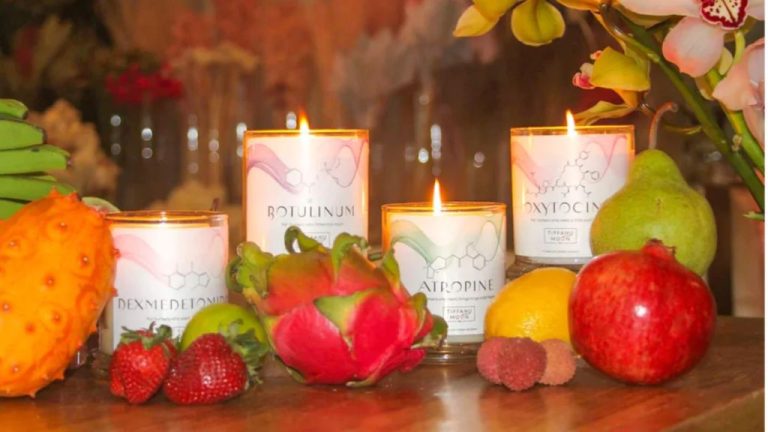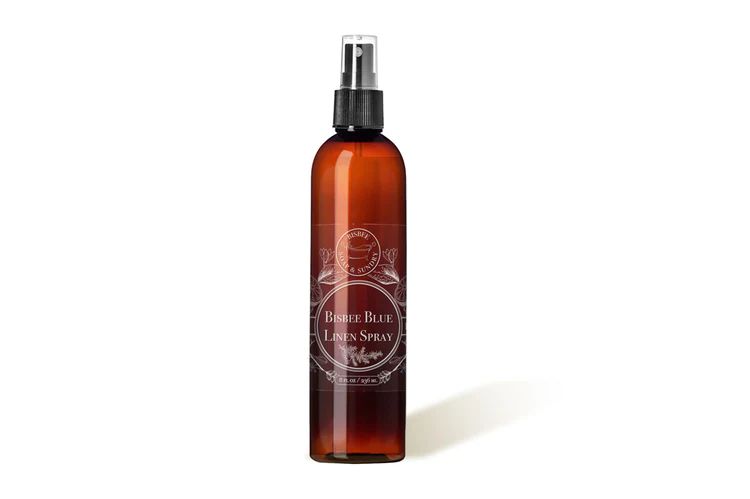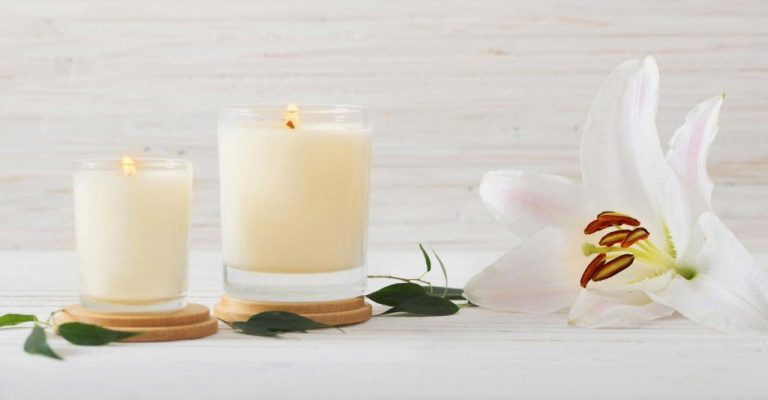Is Citrus Scent Feminine?
Citrus scents like lemon, orange, grapefruit, and bergamot are ubiquitous in fragrances, beauty products, and household cleaners marketed to women. The association between citrus and femininity has become so engrained that citrus notes are often considered inherently “feminine” scents. However, this connection is largely subjective and dependent on cultural norms. While modern Western marketing has reinforced the citrus-feminine link, these fruity scents have not always been gendered this way. Additionally, preferences for citrus fragrances vary between individuals and across cultures. The supposedly intrinsic femininity of citrus is thus a social construct that has developed over time.
History of Citrus Scent
The use of citrus fruits and citrus scents dates back thousands of years. Some of the earliest evidence of citrus cultivation comes from China, where oranges were grown as early as 2500 BC (https://sensoriam.com/blogs/scents/the-glory-of-citrus). Citrus fruits were prized across many ancient cultures for their bright, fresh scent and flavor. Oranges, lemons, and limes were introduced to Europe by Arab traders during the Middle Ages.

Citrus scents became especially popular during the Renaissance. Italians began combining citrus fruits like bergamot, lemon, and petitgrain to create light, refreshing fragrances. These early citrus colognes were the origins of products like Eau de Cologne, first made in 1709 (https://www.alphaaromatics.com/blog/citrus-perfumes/). The refreshing, clean scent of citrus made it popular for perfuming the body and scenting living spaces.
Traditionally, citrus scents like neroli, bergamot, and lemon have been used in purification rituals. The bright, uplifting aroma was believed to cleanse and refresh the mind, body, and spirit. Citrus remains one of the most universally-loved fragrance categories today.
Citrus Scent in Beauty Products
Citrus scents, especially lemon, orange, and grapefruit, have long been popular fragrance notes in beauty products marketed towards women. Brands like L’Occitane, The Body Shop, and Lush have built product lines around light, zesty citrus scents that evoke feelings of freshness and cleanliness.
In skincare, the scent of lemon has been used in clarifying and brightening products. The aroma is thought to promote a sense of purity. For example, Origins Checks and Balances Frothy Face Wash contains bergamot, lemon, and orange peel oils (source).
Grapefruit scents are common in anti-cellulite creams and lip plumpers, meant to impart feelings of vigor and youth. Citrus aromas like sweet orange and mandarin are popular ingredients in anti-aging serums and moisturizers for their reputation as rejuvenating scents.
In cosmetics like lip glosses and eyeshadows, lemon and citrus fruit scents provide a tart, sweet perfume. Maybelline Lemonade Craze eyeshadow palette captures this trend. Citrus scents are also widely used in women’s perfumes, with orange blossom, neroli, bergamot, lemon, lime, and grapefruit notes (source).
Citrus Scent in Household Products
Citrus-scented cleaning products have historically been marketed towards women. As early as the 1980s, brands like Pine-Sol and Clorox began promoting lemon-scented cleaners in advertisements targeting female consumers (https://www.latimes.com/archives/la-xpm-1987-08-25-mn-4063-story.html). The implication was that women were responsible for household chores like cleaning, and citrus scents made these chores more pleasant.
This gendered marketing around citrus-scented cleaners continues today. Brands like Fabuloso and Lysol heavily promote their citrus-scented products with ads featuring smiling women doing housework. There is an assumption that women prefer light, “feminine” citrus scents while cleaning vs. other scents like pine. Critics argue this perpetuates stereotypes about gender roles and the duty of cleaning falling primarily on women (https://womensvoices.org/beyondthelabel/cleaning-products-marketed-latinx-community/).
Citrus Scent in Food and Drink
Citrus flavors are commonly used in cocktails, desserts, and other foods which are often marketed towards or seen as feminine. Fruity and floral cocktails like cosmopolitans, margaritas, and mojitos frequently use citrus juices like lemon, lime, and orange. These drinks are portrayed in media as girly drinks in contrast to more masculine drinks like whiskey, beer, etc. Desserts like lemon tarts, key lime pie, and orange creamsicles also lean into feminine citrus flavors. The sweet, fruity taste profile of citrus is more associated with women than men. According to a study, citrus fruits like lemons and oranges support vaginal health thanks to their acidic nature. Their antioxidants also help protect vaginal tissues. So citrus scents and flavors are inherently tied to femininity through cultural associations as well as health benefits for the female body.
Citrus Scent in Media Portrayals
Citrus scents, especially lemon and orange, are often used in movies, TV shows, and books to symbolize femininity and innocence. For example, in the 1962 film Lolita, Lolita is associated with chewing gum that has a fresh lemon scent. This helps portray her as an innocent but tempting young girl. In the TV show Mad Men, the main female characters are often shown wearing orange blossom perfume, highlighting their femininity in contrast to the masculine business world.
In literature, citrus scents are used to evoke a delicate, feminine feeling. In Vladimir Nabokov’s novel Lolita, Humbert Humbert describes Lolita’s “warm orange fragrance” and in The Great Gatsby by F. Scott Fitzgerald, Daisy Buchanan is associated with oranges and lavish citrus-infused feasts. The citrus evokes images of freshness, purity and innocence associated with young femininity.
Overall, citrus scents like lemon, orange blossom and lime have been widely used in popular media to symbolize feminine traits like purity, innocence and temptation. Their sweet, delicate aromas are strong cultural signifiers of femininity.
Citrus Scent Preferences
Survey data shows some notable gender differences when it comes to preferences for citrus scents. According to a 2021 survey by Connect, both men and women prefer floral scents overall for fragrances like perfumes and colognes. However, fresh and citrus scents were the next most preferred by women, while for men it was woody and oriental scents. A consumer insights report by Connect found that for deodorants specifically, most consumers prefer fresh, citrus, and floral scents, with fresh being most popular in North America.
Another survey in 2021 by StartQuestion focusing specifically on citrus perfumes found that women preferred sweeter citrus scents like orange and mandarin, while men favored more tart scents like grapefruit and lime. The survey also showed women wear citrus perfumes more frequently than men.
An academic study in 2011 by Rose and Muscarella analyzed differences in odor preferences across gender and sexual orientation. They found no significant differences between groups for preferences for citrus scents specifically. However, they did find patterns in preferences for floral, woody and musky scents.
While survey data shows some tendencies in citrus scent preferences between genders, there is significant overlap as well. Market research indicates both men and women enjoy citrus scents, with variation in specific citrus variety preferences.
Cultural Differences
Citrus gender associations vary across cultures. In Western cultures, citrus scents like lemon, orange, and grapefruit have traditionally been marketed toward women. Brands like Chanel No. 5 and Miss Dior prominently feature citrus notes in their perfumes marketed to women. However, in some Asian cultures like India and China, citrus scents are considered unisex. According to a study by Singapore Management University (https://ink.library.smu.edu.sg/lkcsb_research/5215/), Indian and Chinese consumers do not strongly associate citrus scents like lemon or orange with either gender. This shows that fragrance gender norms are cultural constructs that differ across geographic regions.
Changing Attitudes
In recent years, there has been a shift away from the rigid categorization of scents as strictly feminine or masculine. According to Scentbird (2016), the traditional binary gender classification of fragrances is becoming outdated, with more unisex and genderfluid options available. This reflects changing social norms and attitudes surrounding gender.
Historically, floral and citrus scents have been associated with femininity, while woody and spicy notes were considered masculine. However, these gender stereotypes and associations are not set in stone. The scent profiles and preferences of men, women and other genders have always overlapped significantly. With society becoming less rigid about gender binaries, more people are embracing fragrances marketed as unisex and outside traditional divisions.
The fragrance industry is also evolving to adapt to these changing attitudes. Scent perfumers increasingly focus on appealing to a wide consumer base rather than targeting gendered demographics (Scentperfique, n.d.). Contemporary consumers tend to prioritize the qualities of a scent first, rather than whether it is labelled as feminine or masculine. As rigid gender norms around scent preferences shift, citrus and other notes can appeal to people of all genders.
Conclusion
The association between citrus scents and femininity is more nuanced than a simple yes or no answer. While citrus scents like orange, lemon, grapefruit and lime have traditionally been marketed toward women through cleaning products, beauty items, and fragrances, the gendering of scents is largely subjective and cultural. The refreshing, sweet qualities of citrus lend themselves well to the fruity, floral fragrance profiles often considered feminine. However, citrus scents are popular across genders and are commonly found in unisex fragrances and grooming products for men too. Preferences for certain scents are deeply personal and change over time as cultural norms and attitudes shift. While citrus scents may retain feminine associations for some, the gender stereotypes around scent are diminishing as more people reject rigid fragrance categorization and embrace scents solely based on individual taste. In the end, the femininity of a citrus scent is in the nose of the beholder.





